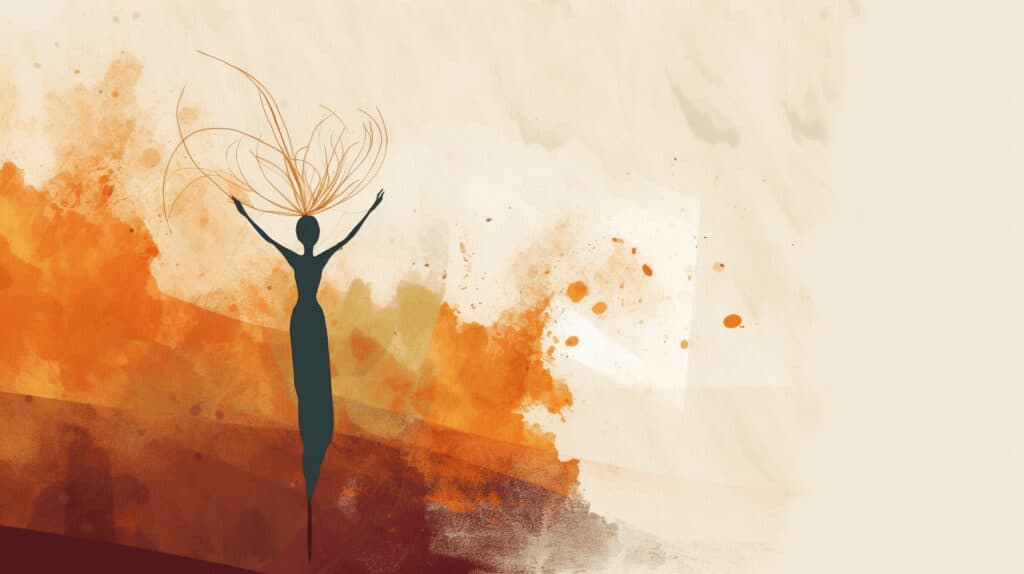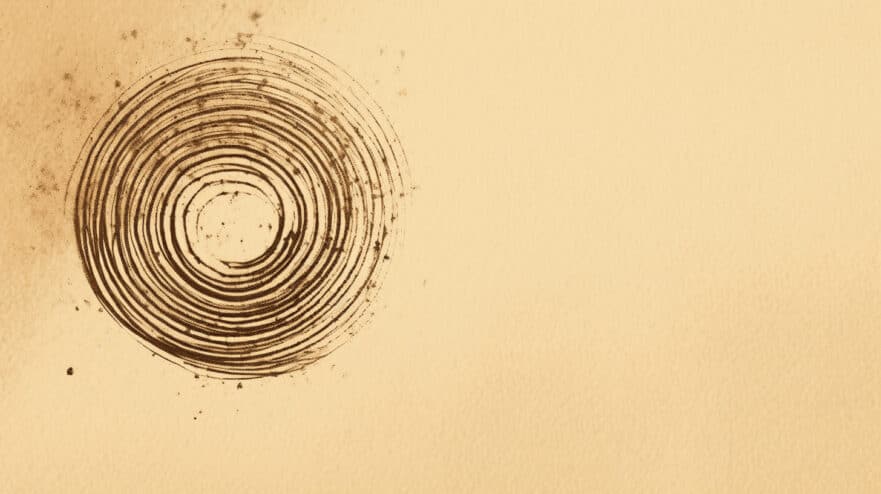Introduction: Understanding Anxiety and the Need for Non-Medication Treatments
Anxiety is a normal and sometimes necessary emotion that plays a crucial role in our survival. Anxiety serves as a vital alert system, warning us of potential dangers.
However, when anxiety becomes a chronic, persistent and excessive concern, it can negatively impact our quality of life.
The experience of anxiety can range from mild uneasiness to crippling panic attacks.
As more people seek help for anxiety, many are turning to anti-anxiety medication as a way to manage their symptoms.
Unfortunately, this has led to an over-reliance on anxiety medication as a first-line treatment for anxiety disorders.
Data from 2013 revealed that one in six American adults took at least one psychiatric drug, a statistic that has now risen to one in four. Following the pandemic, New York reported the largest spike in the use of anxiety medications, with an astonishing 50% increase.
There are many reasons why someone might want to explore treatment for anxiety without medication.
Some people may not respond well to medication or experience unwanted side effects. Others may prefer to find alternative methods that align with their personal beliefs or lifestyle choices.
Moreover, while anti-anxiety medications can provide short-term relief, they often fail to address the underlying causes of anxiety, severely limiting their effectiveness.
This comprehensive guide aims to shed light on the risks and limitations of anxiety medication, delve into the root causes of anxiety and explore a range of non-drug alternatives. These alternatives include therapy, meditation, breathing exercises, natural supplements and lifestyle modifications.
By understanding the many effective options available, you can better manage your anxiety, allowing you to make more informed decisions about your mental health.
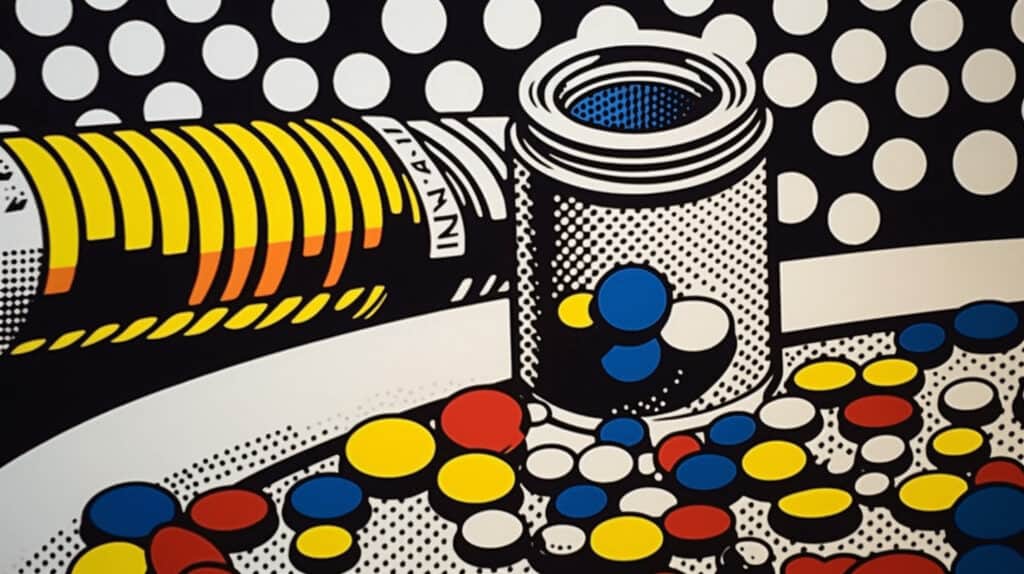
The Limitations of Anxiety Medication
Is Anxiety Medication Bad? Exploring their Effectiveness and Side-Effects
Anxiety medications, such as benzodiazepines and selective serotonin reuptake inhibitors (SSRIs), may be effective in reducing anxiety symptoms in some people. However, they are not without their drawbacks.
Benzodiazepines, including medications like Xanax and Valium, can result in dependence and even addiction. These drugs can also cause drowsiness, dizziness, memory problems and, in some cases, suicidal thoughts or behaviors.
SSRIs, common prescriptions for anxiety like Prozac and Zoloft, nay be beneficial for some individuals. However, they can also cause adverse effects such as weight gain, sexual dysfunction, dizziness, confusion, memory impairment and insomnia.
Long-term use of anti-anxiety medications is associated with an increased risk of dementia and memory loss. Additionally, studies have shown that these drugs can impair brain function and diminish brain activity.
Patients who rely on these medications for long periods often develop tolerance, requiring higher doses to achieve the same effect. This escalation can heighten the potential for misuse, abuse and severe side-effects.
These side effects can become life-threatening, especially when combined with other medications or alcohol.
Unfortunately, the consumption of anti-anxiety medications is associated with an elevated risk of suicide attempts and suicide-related deaths.
Also, anti-anxiety medications don’t work for everyone.
Reactions to these medications vary widely. Some people do not feel less anxious even after several weeks of treatment.
Undeniably, America has earned a reputation as a “pill-popping” nation, often seeking instant solutions to complex problems through drugs.
The lure of a pill that promises to dissipate anxiety is compelling. However, even when anxiety medications offer relief, they contribute to a sense of disempowerment over time.
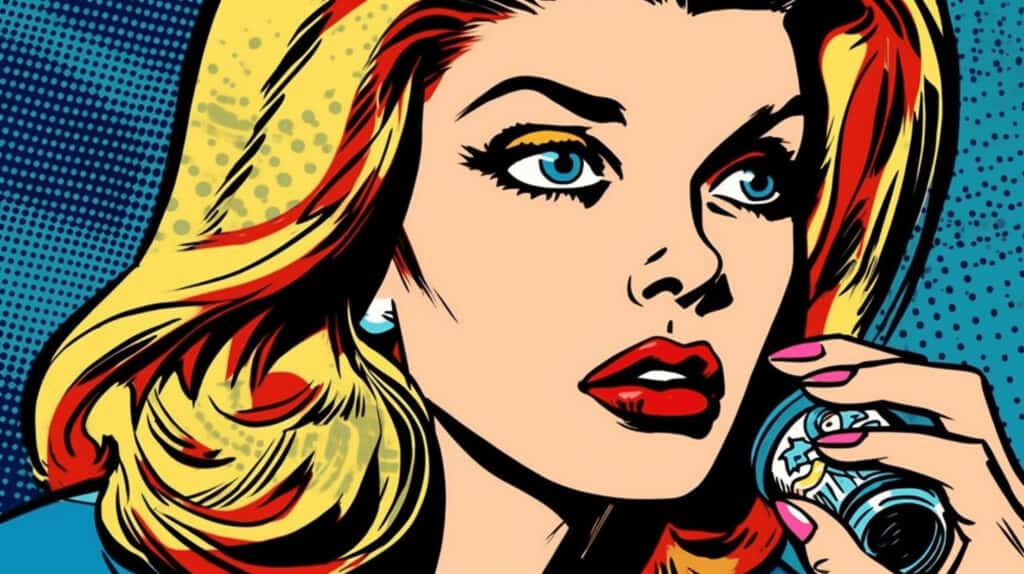
By relying on a pill to mitigate anxious feelings, individuals may miss out on the opportunity to cultivate essential coping skills. These skills, when practiced and honed regularly, strengthen the neural pathways that help manage anxiety effectively.
Conversely, without such practice, our resilience – the ability to bounce back from adversity – can gradually atrophy.
After all, anxiety is a natural human emotion. Completely eliminating it, even if it were possible, won’t do any good. Instead, the essence of effective anxiety treatment is learning how to alleviate and manage anxiety, self-regulate and performing optimally even under stress.
While medications are frequently perceived as the go-to treatment for anxiety, they often acts more as a temporary bandage than a long-term solution.
For the most part, these drugs should be considered a last resort rather than a primary treatment.
The limitations of anxiolytics highlight the need for for alternative treatments. By understanding the various alternatives available, you can make informed decisions about managing your anxiety without medication.

Identifying the Root Cause of Anxiety
Before exploring alternative treatments, it’s essential to understand the root cause of your anxiety. Anxiety can stem from a multitude of factors, including traumatic events, life experiences, environmental conditions, personality traits and even genetics. You may also feel anxious due to an underlying medical condition, such as low blood sugar, anemia, or hyperthyroidism.
To determine the cause of your anxiety, consider seeking help from a mental health professional. Our team of skilled anxiety therapists is here to help. They can guide you through exploring your personal history, identifying potential triggers and developing a personalized treatment plan.
A skilled anxiety therapist can provide valuable insights into the underlying reasons why specific fears, places, or situations trigger anxiety within you. They will provide you with effective tools and techniques to gradually confront and master these anxiety triggers. This will pave the way for lasting tranquility and improved mental and emotional health.
By addressing the root causes of your anxiety, you can strive towards lasting relief and better mental health.
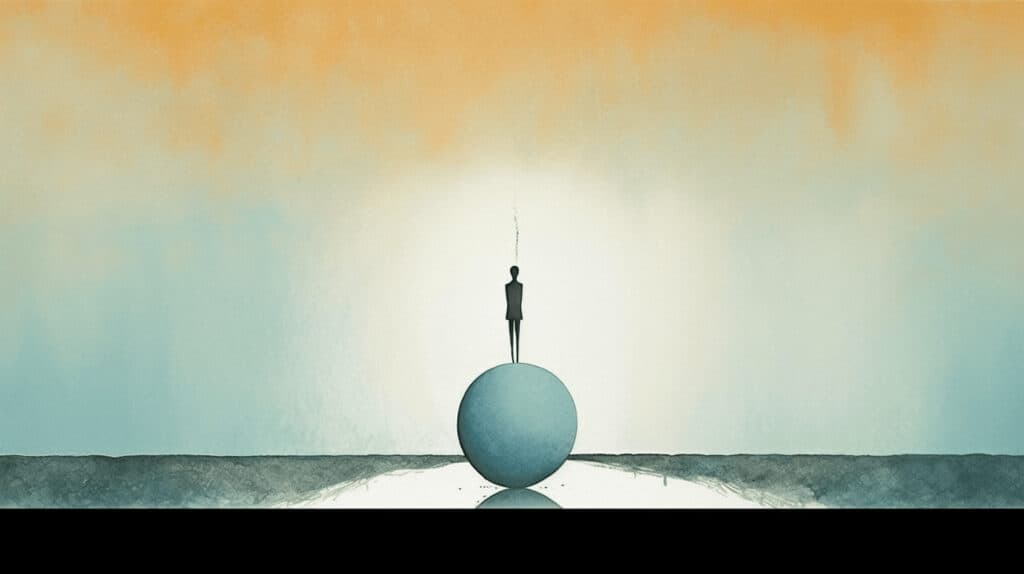
Therapy to Treat Anxiety Without Medication
- Cognitive-Behavioral Therapy (CBT)
Cognitive-behavioral therapy (CBT) is one of the most effective and well-researched methods for treating anxiety without medication. CBT is a short-term, goal-oriented therapy that aims to identify and alter negative thought patterns and behaviors contributing to anxiety. Through CBT, you can learn to face irrational fears, implement new coping strategies, and build confidence in your ability to manage anxiety.
- Dialectical Behavior Therapy (DBT)
DBT integrates techniques found in CBT with specific acceptance-based mindfulness strategies. The ultimate goal of DBT is to help patients feel safe, manage their emotions and accept themselves. DBT can help improve overall well-being and reduce anxiety. DBT, typically spanning 6 months of treatment, can be particularly effective in treating anxiety and regulating emotions.
- Mindfulness-Based Stress Reduction (MBSR)
MBSR therapy emphasizes the practice of mindfulness, which help individuals manage anxiety and stress. Through this type of therapy, patients learn to focus their attention on the present (reducing worries about the future or regrets about the past).
- Psychodynamic Therapy
Psychodynamic therapy emphasizes the impact of past and present life events and relationships on your current emotions, relationships and decisions. Its goal is to help you recognize and understand negative emotions and repressed emotions so that you can resolve inner conflicts, improve life experiences, self-esteem and relationships. This approach can be beneficial in treating anxiety. However, Psychodynamic therapy is most frequently used to treat depression and heal childhood wounds.
- Eye Movement Desensitization and Reprocessing (EMDR)
EMDR helps clients heal by practicing specific eye movements while processing traumatic memories. This newer type of therapy may be particularly beneficial for people with intense anxiety related to a specific event including PTSD. EMDR reduces the intensity of anxiety surrounding past trauma and can help patients see results faster than with other types of therapy.
- Exposure Therapy
In exposure therapy, your therapist will gradually expose you to situations that could provoke anxiety — in a safe, controlled environment. Your therapist will also teach you practical ways to manage your anxiety in response to these prompts, which can help you reduce panic symptoms when triggers occur in real life.
Therapy to Treat Anxiety Without Medication
Mental health counseling is a highly effective way to treat anxiety without medication. Talk therapy can help you:
- Find and treat the root cause of your anxiety
- Develop resilience, relaxation and reliable coping strategies
- Avoid the side effects of anxiety medications
- Pursue a personalized approach to your unique form of anxiety instead of a one-size-fits-all medication
- Ease your anxiety symptoms
There are several types of therapy to consider.
Cognitive-Behavioral Therapy (CBT)
Cognitive-behavioral therapy (CBT) is one of the most effective and well-researched methods for treating anxiety without medication. CBT is a short-term, goal-oriented therapy that aims to identify and alter negative thought patterns and behaviors contributing to anxiety. Through CBT, you can learn to face irrational fears, implement new coping strategies, and build confidence in your ability to manage anxiety.
CBT is best conducted one-on-one with a therapist. CBT can involve homework assignments and practice exercises to help reinforce the skills learned in therapy. With consistent effort, many people find CBT significantly reduces anxiety, making it a viable alternative to medication.
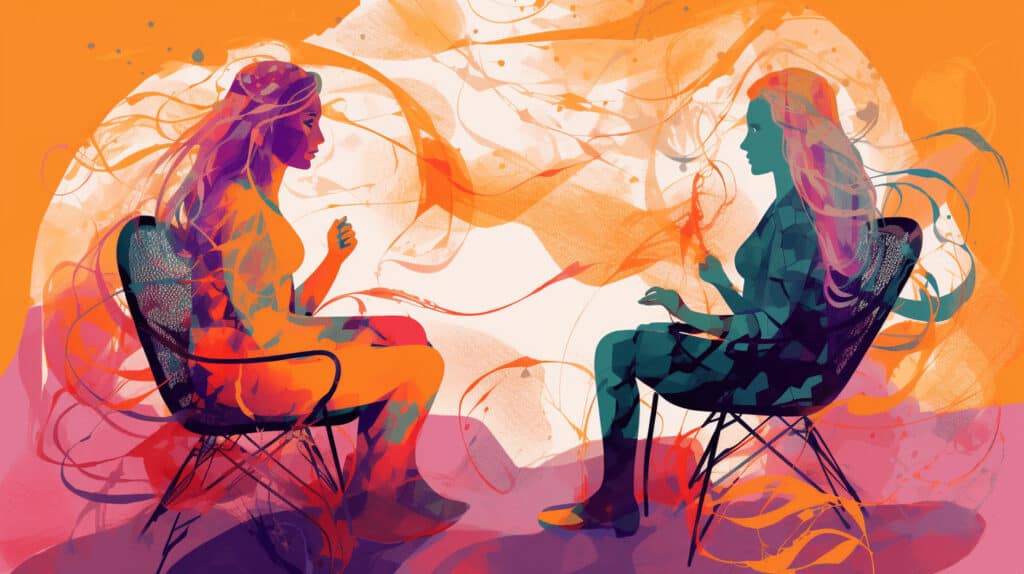
Dialectical Behavior Therapy (DBT)
DBT integrates techniques found in CBT with specific acceptance-based mindfulness strategies. The ultimate goal of DBT is to help patients feel safe, manage their emotions and accept themselves. DBT can help improve overall well-being and reduce anxiety. DBT, typically spanning 6 months of treatment, can be particularly effective in treating anxiety and regulating emotions.
Mindfulness-Based Stress Reduction (MBSR)
MBSR therapy emphasizes the practice of mindfulness, which help individuals manage anxiety and stress. Through this type of therapy, patients learn to focus their attention on the present (reducing worries about the future or regrets about the past).
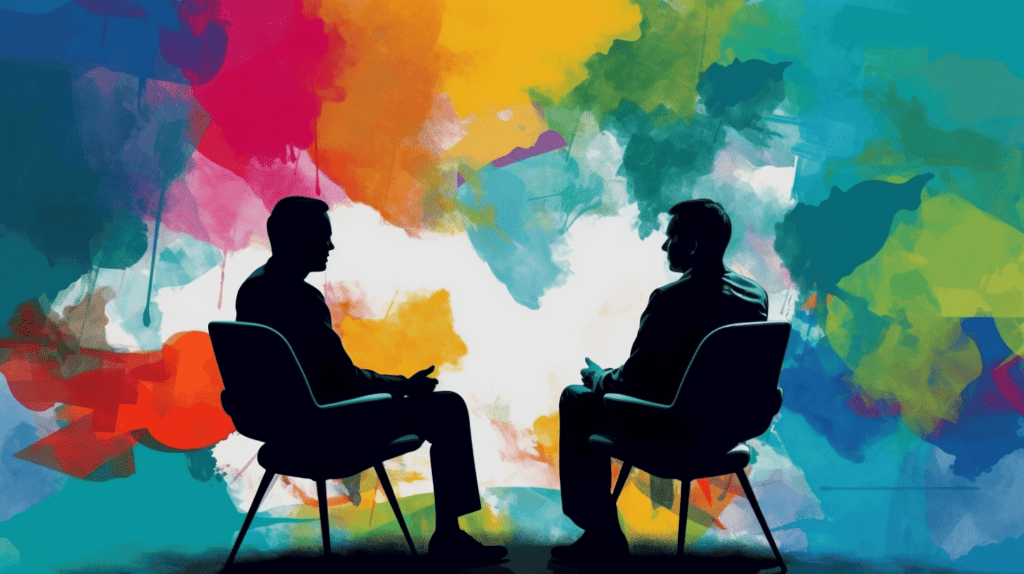
Psychodynamic Therapy
Psychodynamic therapy emphasizes the impact of past and present life events and relationships on your current emotions, relationships and decisions. Its goal is to help you recognize and understand negative emotions and repressed emotions so that you can resolve inner conflicts, improve life experiences, self-esteem and relationships. This approach can be beneficial in treating anxiety. However, Psychodynamic therapy is most frequently used to treat depression and heal childhood wounds.
Eye Movement Desensitization and Reprocessing (EMDR)
EMDR helps clients heal by practicing specific eye movements while processing traumatic memories. This newer type of therapy may be particularly beneficial for people with intense anxiety related to a specific event including PTSD. EMDR reduces the intensity of anxiety surrounding past trauma and can help patients see results faster than with other types of therapy.
Exposure Therapy
In exposure therapy, your therapist will gradually expose you to situations that could provoke anxiety — in a safe, controlled environment. Your therapist will also teach you practical ways to manage your anxiety in response to these prompts, which can help you reduce panic symptoms when triggers occur in real life.
There are several therapy approaches that offer viable, long-term solutions to anxiety. Once you’ve mastered the anxiety-alleviating coping strategies that fit your needs, you’ll be better equipped to manage your anxiety in healthier and more sustainable ways. Therapy is an important part of the holistic healing process, fostering an internal environment conducive to overcoming anxiety.
Looking For Therapy?
Start Healing Today.
212-960-8626
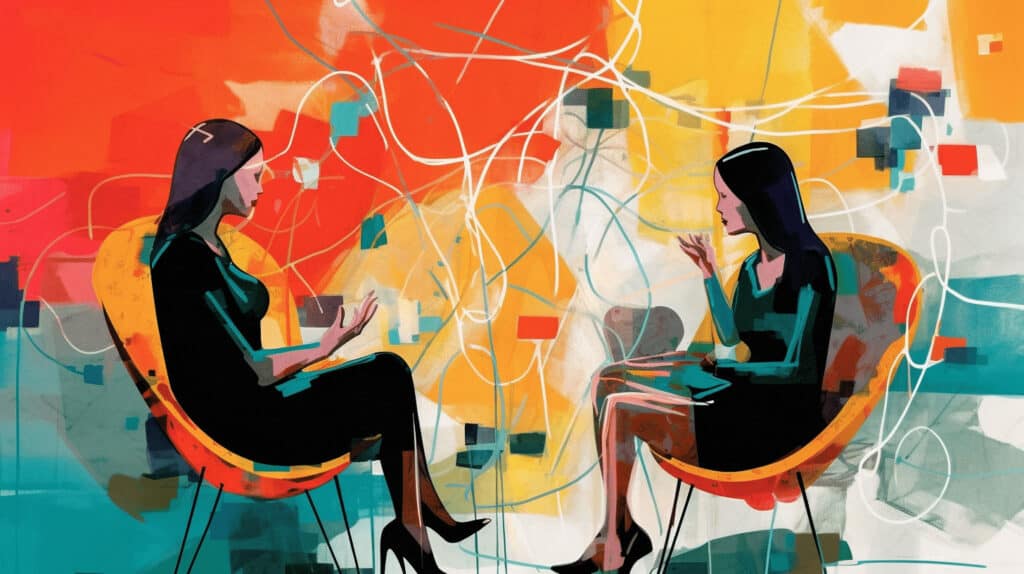
Alternative Treatments for Generalized Anxiety Disorder Treatment without Medication
Generalized anxiety disorder (GAD) is a pervasive type of anxiety disorder characterized by persistent feelings of anxiety or apprehension that interfere with daily life. Living with the chronic and often intense feelings associated with GAD can be challenging.
However, GAD can be successfully managed with therapy and various alternative treatments. The following methods are valuable tools to alleviate GAD and other types of anxiety without medication.
1. Meditation: A Pathway to Conscious Relaxation
Mindfulness meditation, in particular, has been shown to reduce anxiety and promote relaxation and self-awareness. Regular practice can help you become more in tune with your thoughts and feelings, allowing you to respond more effectively to stress and anxiety.
There are several forms of meditation that can help reduce anxiety, each with its own unique approach. Exploring different types of meditation will allow you to find a practice that resonates with you.
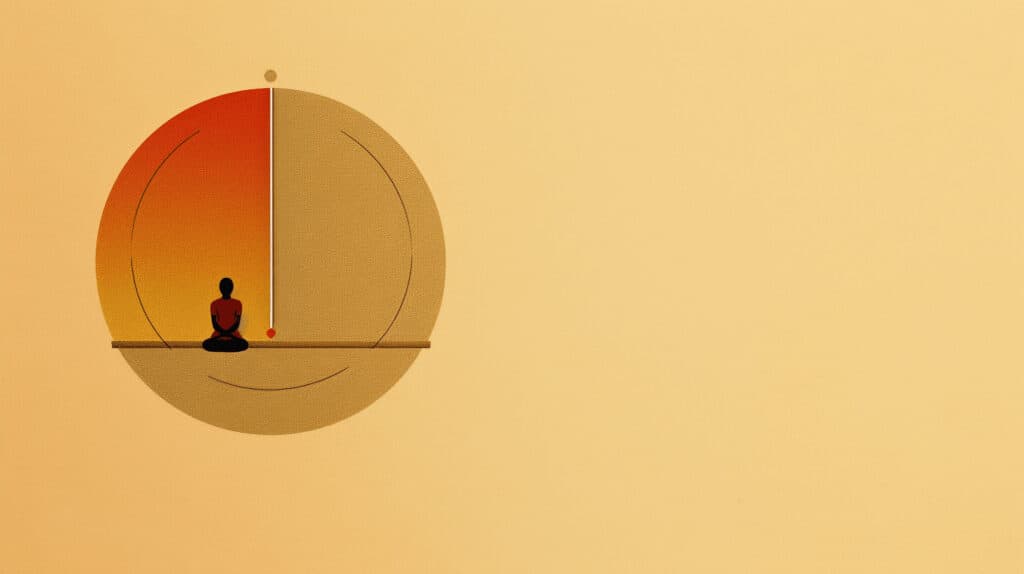
2. Breathing Exercises and Diaphragmatic Breathing
Breathing exercises, such as diaphragmatic breathing can significantly alleviate anxiety.
Diaphragmatic breathing involves taking deep stomach breathe (as opposed to the shallow chest breathing adults often default to). This technique involves the diaphragm, the large, dome-shaped muscle located at the base of the lungs.
Diaphragmatic breathing is a quick relaxation method, arguably the most immediate and effective tool available to induce calm.
Practicing square breathing, a simple diaphragmatic breathing exercise, can quickly regulate your nervous system and reduce anxiety.
Practicing diaphragmatic breathing regularly can improve stress management, reduce symptoms of anxiety and panic disorders, improve central muscle stability, and promote relaxation and focus.
3. Heart Rate Variability (HRV) Training: Tuning into Your Heart’s Rhythm
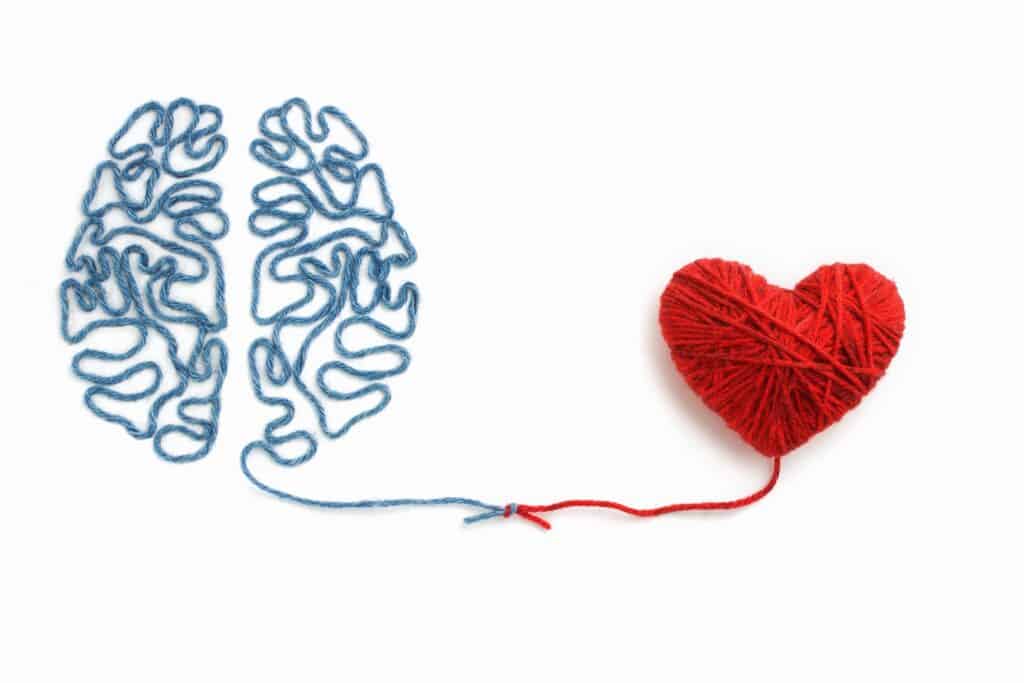
Heart Rate Variability (HRV) training involves tracking and adjusting the intervals between consecutive heartbeats —a metric that reflects our body’s resilience to stress, fatigue and recovery.
Emotions like anxiety or sadness decrease HRV, while joy and other positive emotions increase it.
HRV training can be a useful tool for managing anxiety.
With HRV training, you can consciously improve your HRV, lessen the impact of stress and recover from it more effectively. This practice can enhance performance under pressure and help maintain balance even amidst stressful situations.
Devices like the HeartMath monitor can help track and improve your HRV. Just 8 HRV training sessions have been shown to significantly reduce anxiety and provide lasting benefits.
By practicing these holistic exercises regularly, you can learn to control your physiological responses to stress, thereby reducing anxiety.
Natural Solutions: Anxiety Medication Alternatives

In addition to therapy and other non-pharmacological approaches, holistic healing also emphasizes the role of natural supplements and plant medicine. These naturally derived solutions are an integral part of a holistic healing paradigm and can make a significant contribution to anxiety management.
These alternatives can offer relief without the significant risk of addiction or side effects often associated with prescription drugs.
The natural remedies described below have strong scientific backing for their effectiveness in relieving anxiety symptoms. Their effects are tangible. Accordingly, these remedies can be regarded as nature’s alternatives to anxiety medications.
However, these should not be seen as a substitute for professional medical advice. Always consult with a healthcare provider before starting any new supplement regimen, especially if you have allergies or are taking other medications.
Natural alternatives include:
- Magnesium: More than half of the population is deficient in magnesium, which plays a role in over 600 bodily reactions and can contribute to anxiety and mood disorders. Supplementing with magnesium can improve neurotransmitter function and promote relaxation, potentially reducing anxiety symptoms. Magnesium plays a major role in our health and well-being.
- L-theanine: This amino acid, found primarily in green tea, has been shown to promote relaxation and reduce anxiety without causing drowsiness.
- Holy basil (also known as tulsi): Used in traditional Indian medicine, holy basil can help reduce stress and anxiety.
- Saffron: In particular, its active component, crocin, has potent neuroprotective properties. Its well-documented antioxidant and anti-inflammatory effects contribute to effective treatment of anxiety and depression. The benefits of Saffron also extend to neurodegenerative disorders, including Alzheimer’s and Parkinson’s disease.
- 5-Hydroxytryptophan (5-HTP): A precursor to serotonin, a neurotransmitter involved in mood regulation, 5-HTP supplements help increase serotonin levels and reduce anxiety. Like SSRI medication, 5-HTP can downregulate serotonin receptors and should not be taken regularly.
- Chamomile: Often used in teas for its calming effect, Chamomile can help with sleep and relaxation. Long-term consumption of chamomille is linked to reduced GAD symptoms.
- Ashwagandha: This adaptogenic herb, used in Ayurvedic medicine, helps the body deal with stress and anxiety. However, it can pose risks to certain individuals, particularly those with thyroid conditions, autoimmune disorders, or hormone-sensitive prostate cancer.

Lifestyle Changes to Reduce Anxiety without Medication
Along with therapy, alternative treatments and natural remedies, lifestyle modifications play an important role in managing anxiety holistically.
One of the critical aspects is maintaining stable blood sugar levels. An imbalance can amplify anxiety symptoms, so it’s important to eat a balanced diet with regular meals, including protein, fiber and healthy fats.
A glucose tolerance test can identify hypoglycemia, and if diagnosed, adopting a diet that stabilizes blood sugar levels can be important in managing anxiety.
Regular exercise, adequate sleep, mastering stress management techniques and maintaining a supportive network of friends and family are all vital lifestyle adjustments that can significantly reduce anxiety.
Remember, underlying medical conditions such as hypoglycemia, anemia and hyperthyroidism should be addressed as they can contribute to anxiety.

How to know if you need anxiety medication
It’s important to recognize that while a plethora of effective non-medicated treatments for anxiety exist, medication can actually provide relief for some people. If, after exploring various non-pharmaceutical strategies, you still grapple with severe anxiety, it may be time to consider incorporating medication into your treatment regimen. At this stage, your healthcare provider’s guidance is critical. They can help you develop a suitable action plan based on your unique situation, concerns, symptoms and treatment history.
However, considering the potential severity of side effects and the inherent limitations of anxiety medications for long-term use, you should only resort to them as a last resort.
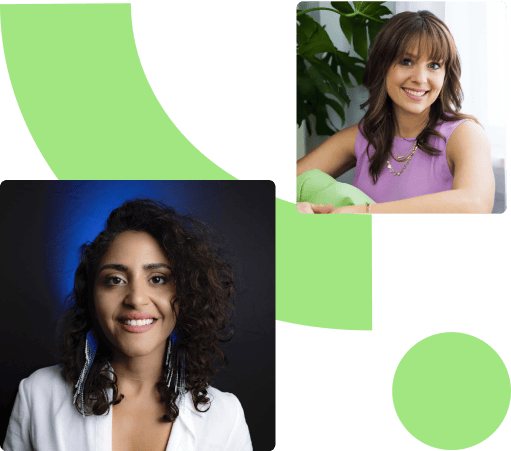
Ready to discover your Anxiety Type?
Conclusion
In conclusion, treating anxiety without medication is entirely achievable through effective holistic healing practices. By exploring and combining therapies, alternative treatments, natural remedies and lifestyle modifications, you can improve your mental and emotional health. These synergistic strategies not only reduce anxiety but also promote personal growth, guiding you towards a healthier and more balanced self.
Ready to overcome anxiety? Connect with our anxiety therapists today and begin your journey to greater emotional well-being and personal growth. Take control of your anxiety – start your journey now by calling us at 212-960-8626 or by filling out our contact form. Your first step towards a calmer and more centered life awaits you.
